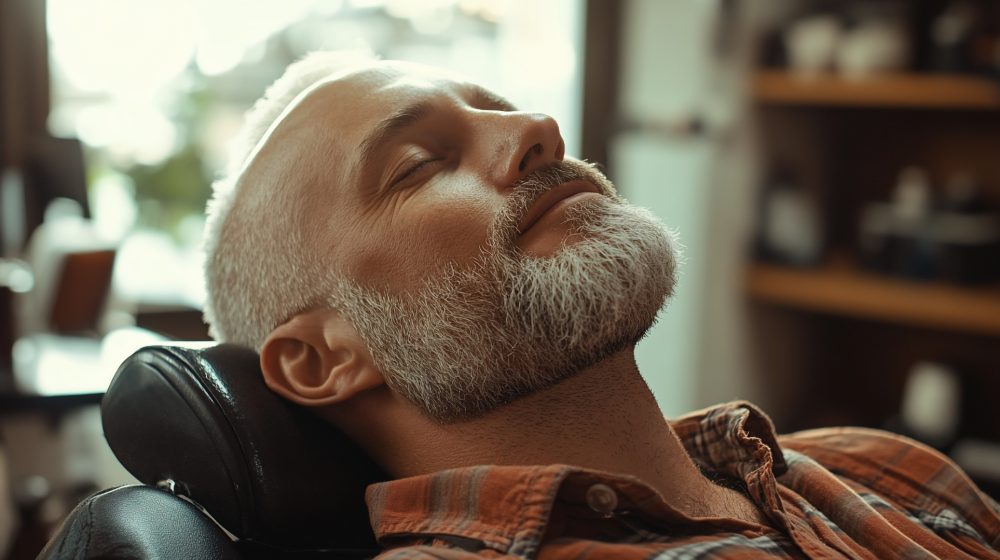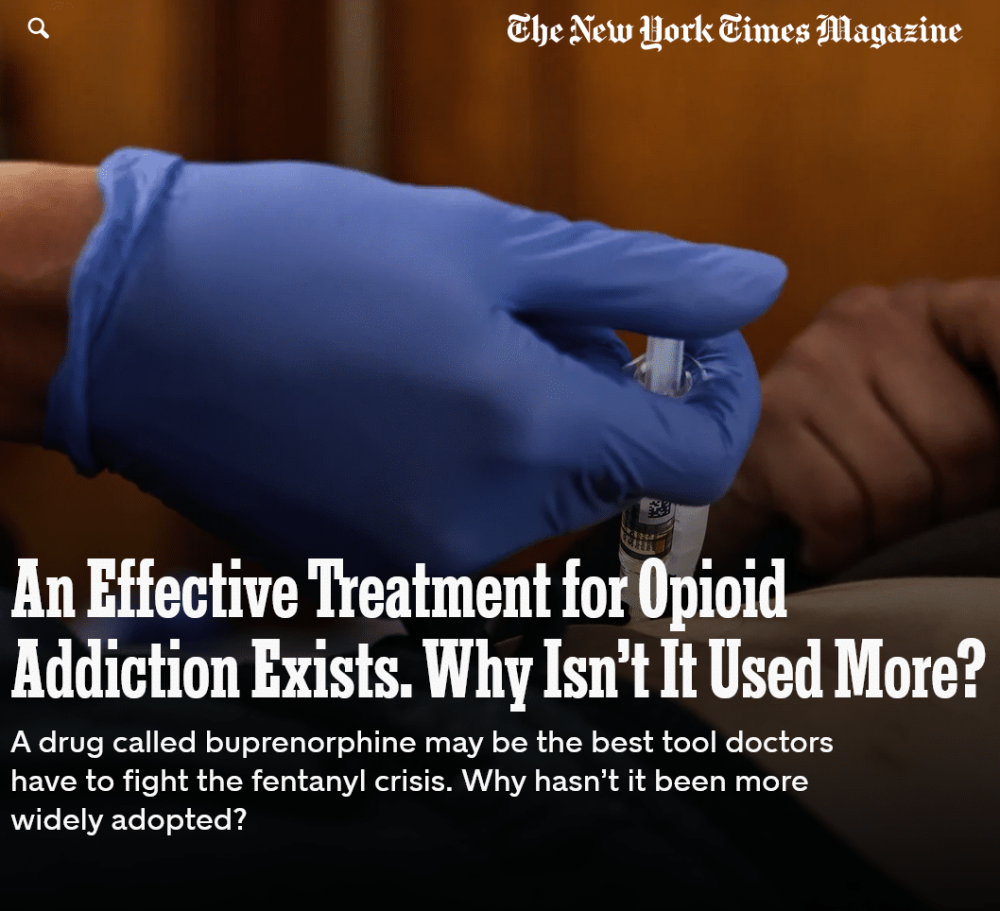There is a reason that addiction is called a family disease: it affects the whole family: partners, close family members, and children. Not to mention co-workers, friends, and neighbors. It is said that for every person with substance use disorder, another 5 people are impacted by their illness.Overtime the consequences of addiction pile up: job losses, accidents, confrontations, DUIs and more. Leading the whole family to feel overwhelmed, mistrustful, and hurt.
If someone you love is struggling with addiction, it can be difficult to know just how to help them. You may even feel powerless or silenced from previous attempts to discuss the problem. However, even in the most challenging situations, addiction treatment it is possible. You can support loved ones in getting the help they need. In fact, it’s crucial we help those close to us, because research shows that they will have a greater chance of success with your help.
It’s important to know that you are not alone in this process. Many families face addiction. According to the Substance Abuse and Mental Health Services Administration, approximately 21 million Americans struggle with substance use disorder. However, it doesn’t have to reach the severe stage, or “rock bottom” to start impacting the family.
How Addiction Impacts the Family
The family member who is using substance problematically may appear to the outside world as functioning, but the family may be able to tell a different story. Partners and family members may lose trust, feel manipulated, and be confused by the denial of their loved one when confronting their drinking or using. The home environment may be unstable, violent, or emotionally or physically abusive.
You may also be watching your loved one slowly increasing their drinking or drug use while lying about the amount they are consuming. After a while they may develop a tolerance to the drug or alcohol and be consuming more to have the same effects. Bottles may be piling up in the recycling and it can be hard to ignore the cumulative effect of their using. To make matters worse, when your loved one stops using, they may also experience physical and/or psychological withdrawal symptoms.
Family’s often snap and becoming confrontational. However, unless handled appropriately, confrontation can lead to the person struggling feeling controlled or managed. Unfortunately, that can lead to them hiding and increasing their use, and isolating further.
How to Help a Family Member With Addiction
There is no doubt that addressing addiction with a loved one can cause some anxiety. However, carefully handled, it is possible to help support them get the help they need. Here are some top dos and don’ts of helping family members suffering with addiction.
Do:
- Educate yourself about addiction
- Build trust
- Talk in a non-judgmental and supportive way
- Take care of yourself
- Respect their privacy
- Know that they have to action themselves
- Enforce boundaries
- Understand they may feel shame or embarrassment
Don’t:
- Threaten
- Lecture
- Expect them to take action immediately
- Criticize
- Humiliate
- Try and fix them
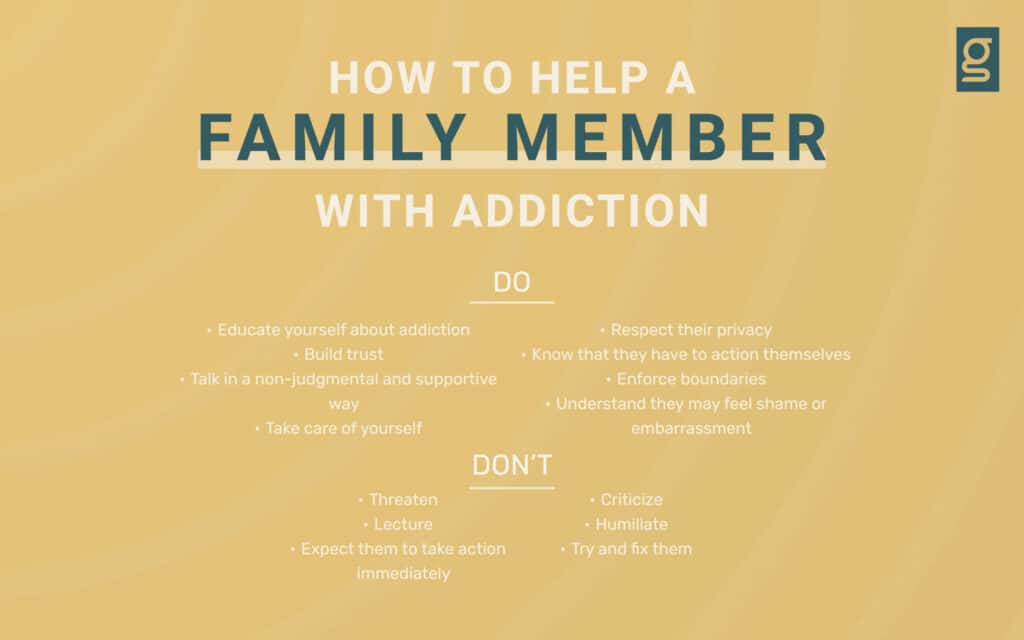
What is key in helping a family member with addiction is to do so with love and to expect challenges.
Healing addiction is a big undertaking that takes the whole family to get involved in the process. You, and your loved one, may feel uncomfortable, and be fearful — about the consequences of their use or their continued sobriety once they find help. But it is possible to find and sustain recovery for the whole family.
At Gallus Medical Detox Centers, we bring compassion to the commotion. Peace to the pain. Empowerment to the powerless. If you or someone you know needs support with addiction problems, bring us your battle.
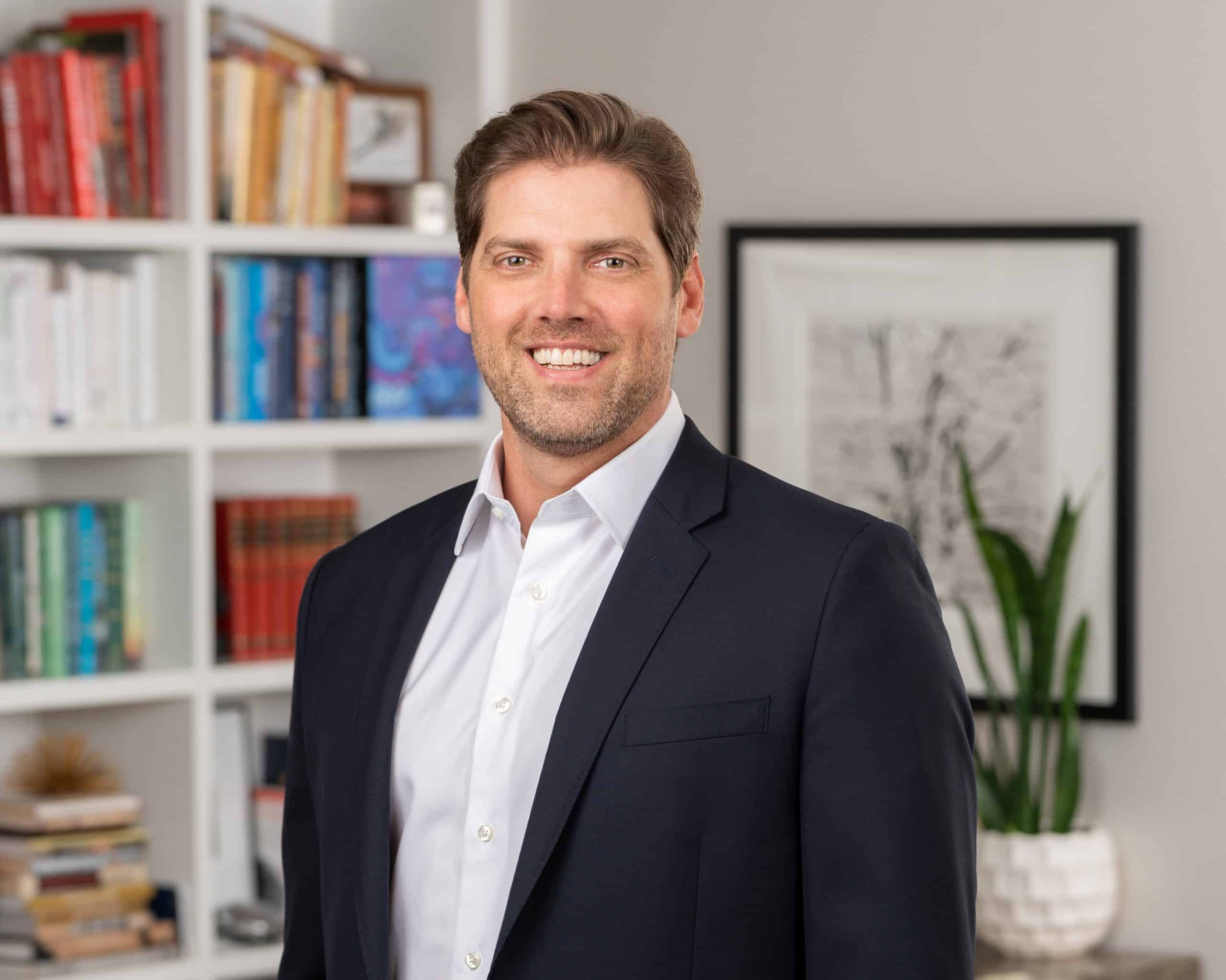
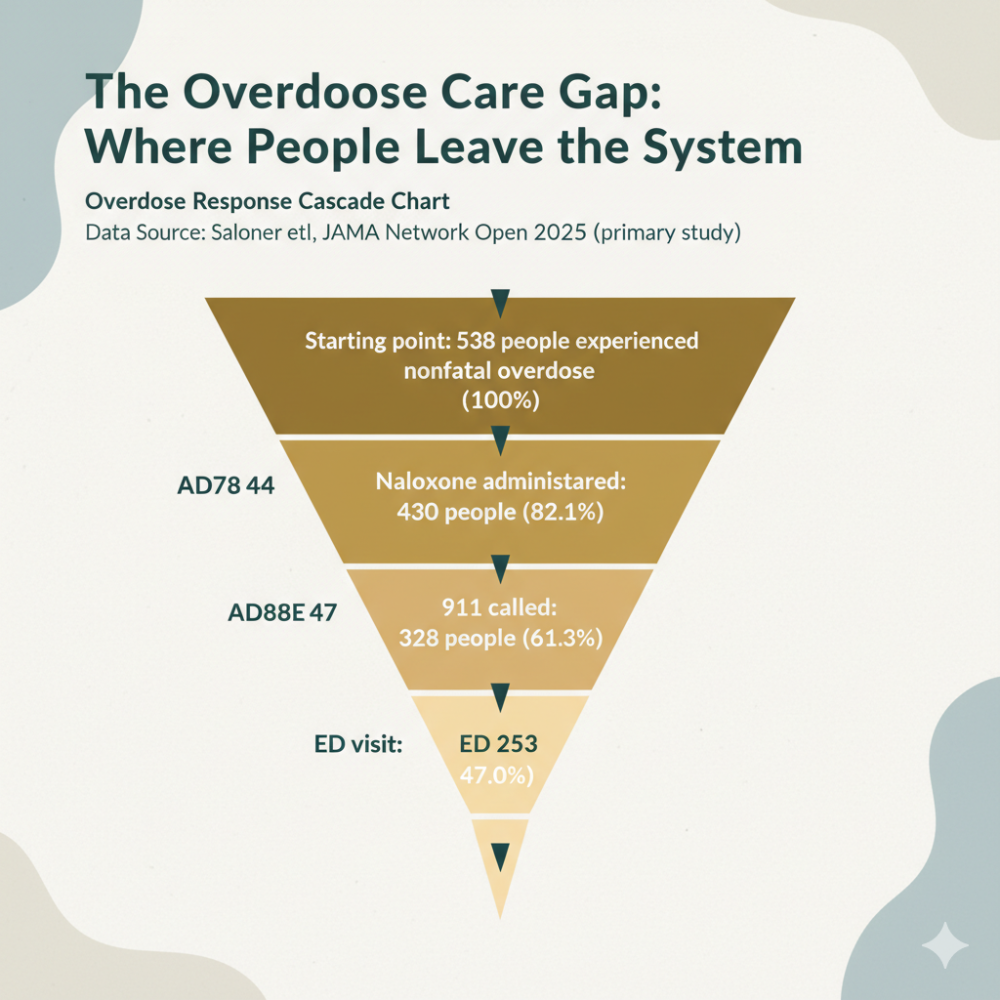
 Steve B
Steve B 